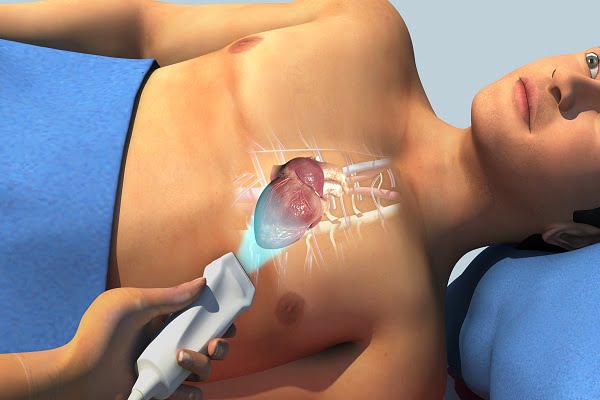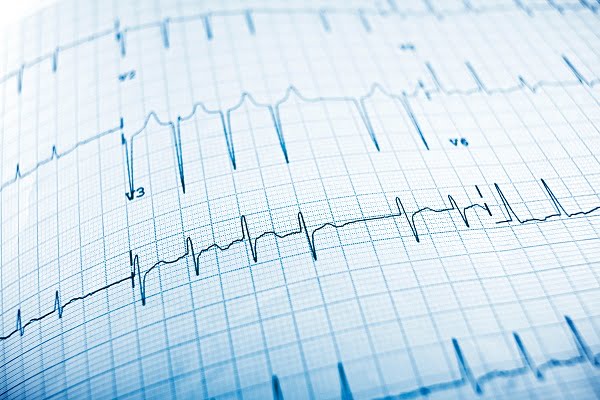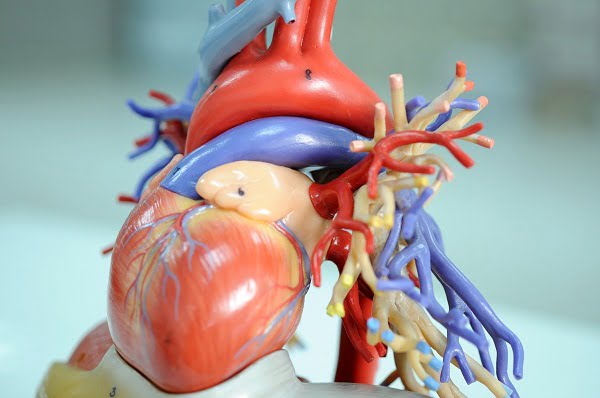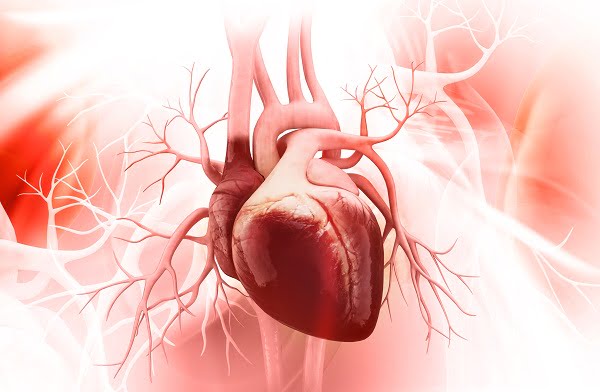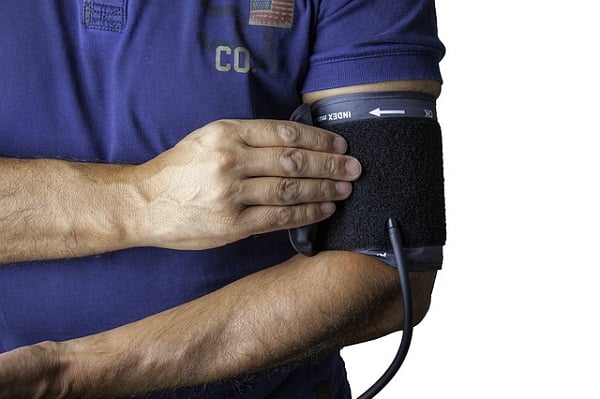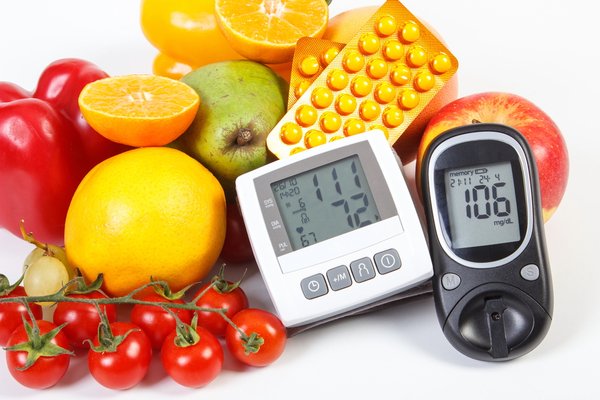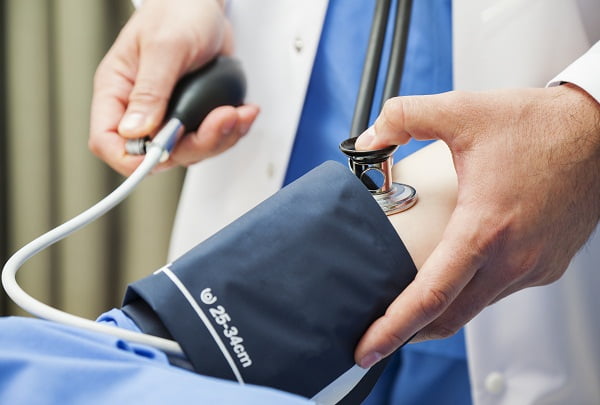Browsing: Heart

The page provides quick access to a list of common heart diseases, syndromes, health conditions, and other topics of health importance about your heart. The list is organized alphabetically. Links are provided to respective diseases sections that serve as a comprehensive and ultimate guide about the disease or health condition.
Our heart is the most sophisticated working muscle in the body. A heart beats about 100,000 times in a day. It continuously supplies oxygen and nutrients throughout the body. The heart also pumps blood to expel waste products such as carbon dioxide to the lungs, which has to be eliminated from our body.
Proper heart function is highly essential to support life. There are many types of heart diseases that can occur if the heart does not function properly or if any other organ, influencing the heart, does not function efficiently. Most heart diseases are lifelong conditions, and if experienced once, they can create problems throughout your life and sometimes can be a cause of death.
The Centers for Disease Control (CDC) states that heart disease is one of the leading causes of death in the United Kingdom, United States, Canada, and Australia. In the US, one in every four deaths occurs due to a heart disease.
Some of the common heart diseases and heart conditions are coronary heart disease, enlarged heart, heart attack, irregular heart rhythm, tachycardia, atrial fibrillation, congenital heart diseases, heart attack and hypertension. In the United States, the most common type of heart disease is coronary artery disease (CAD).
Our Heart during a Heart Attack
Our heart muscle is surrounded by a group of blood vessels, called coronary arteries. The main function of these arteries is to supply oxygen-rich blood and other nutrients. The heart muscle needs an abundant supply of the blood. A heart attack occurs when a coronary artery becomes blocked reducing this blood supply.
What is echocardiogram and echocardiography? An echocardiogram (sometimes also called echo) is a test that uses high frequency sound waves…
What is an electrocardiogram? An electrocardiogram (sometimes abbreviated as an EKG or ECG) is a cardiac diagnostic test that measures…
Myocardial infarction is commonly known as ‘heart attack’. It is the most common heart condition experienced by people across the world. A myocardial infarction is a life threatening heart condition in which heart muscles experience sudden cut in oxygenated blood supply that results in the damage of heart tissues.
Pericarditis: Symptoms, Causes, Diagnosis, Treatment, Complications
Pericarditis is the inflammation (swelling and irritation) of the pericardium or around the heart. The pericardium is a two-layered thin sac that is filled with a fluid. It covers the outer surface of the heart and protects it. It also provides lubrication for the heart and shields it from any infection.
Peripheral arterial disease or PAD is also known as peripheral vascular disease (PVD). It is a circulatory problem in which the peripheral arteries become narrow and are unable to supply oxygenated blood to the limbs, particularly the legs. The condition results in extreme pain and weakening of the organ where the blood supply is reduced. In severe cases, the peripheral arterial disease may result in heart attack and strokes. PAD is the most common circulatory condition in African-Americans. Men are affected by this condition more than women.
Low Blood Pressure: Causes, Symptoms, Diagnosis, Treatment
Hypotension is the condition in which the pressure of blood flowing in the arteries is lower than the normal levels. Hypotension is also known as low blood pressure. Generally, blood pressure fluctuates greatly during the day. It is lower when a person is sleeping and is increased when he or she awakes.
Blood pressure can be measured manually or automatically. Both of the methods and the devices used are discussed in this article. A device called sphygmomanometer is used to measure the blood pressure. It is also known as blood pressure meter, blood pressure machine or blood pressure monitor.
Hypertension Treatment
The objective behind treating your hypertension is to normalize or lower your increased blood pressure and protect the organs form damaging. Drugs and medication may not always help alone in managing the disease. Lifestyle changes are also necessary for controlling your high blood pressure and maintaining a good health.
Blood Pressure (BP) During a Heart Attack and Blood Pressure Before a Heart Attack
Blood pressure is the amount of force your blood provides when it is pushed from the heart and circulated to different organs throughout the body. Many people have a doubt about the blood pressure during a heart attack and frequently they ask this question “is blood pressure high during a heart attack”?





